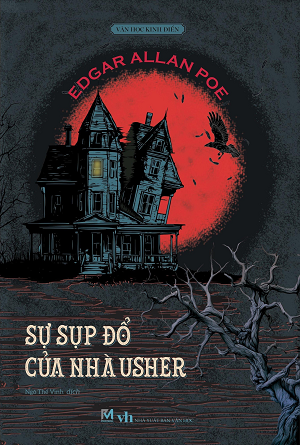What do you think?
Rate this book


552 pages, Paperback
First published January 1, 1960
I became insane, with long intervals of horrible sanity.
TRUE! – nervous – very, very dreadfully nervous I had been and am; but why will you say that I AM MAD?




Inspired Madness
A Book Review of Edgar Allan Poe’s The Fall of the House of Usher and Other Tales

